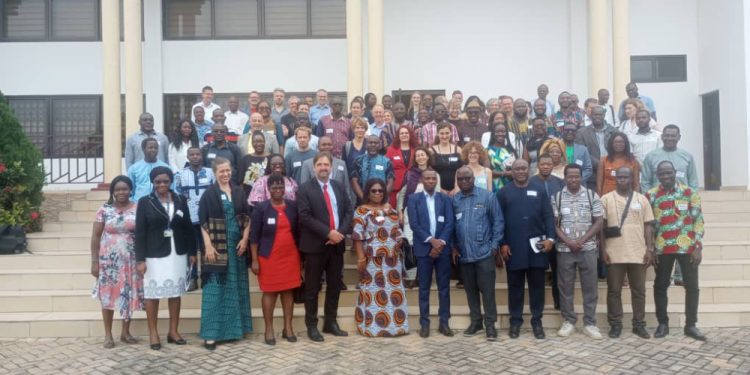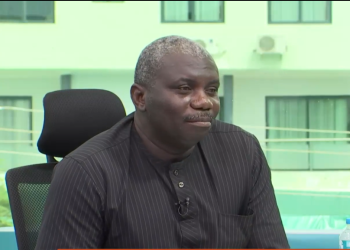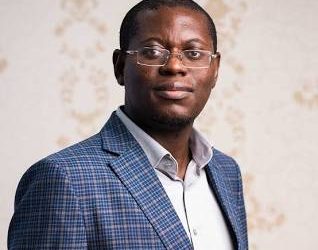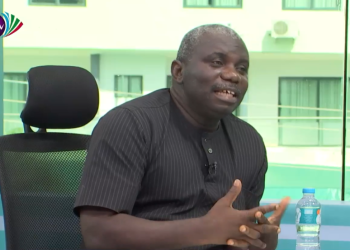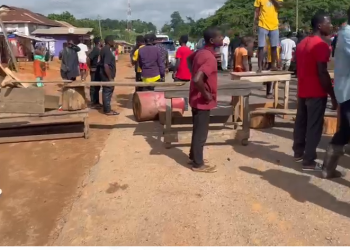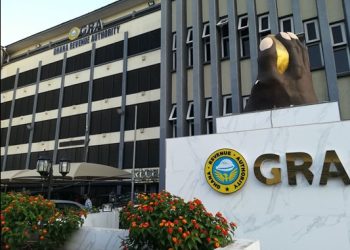The Merian Institute for Advanced Studies in Africa (MIASA) is hosting a three-day mid-term conference in Accra.
The conference is being held on the theme “Sustainable Governance in a Time of Global Flux: Issues, Concepts, and Future Directions.”
MIASA was created in 2018 at the College of Humanities of the University of Ghana (UG), Legon campus. It is based on a collaboration between the UG and a consortium of four partners including the University of Freiburg (leading partner), Goethe University of Frankfurt, German Institute of Global and Area Studies (GIGA) and the German Historical Institute Paris (GHIP).
The institute is sponsored by the German Federal Ministry of Education and Research (BMBF), with co-funding from UG. The MIASA funding comprises of a preliminary, main and final phase. It is currently in the middle of the main phase, which covers six years and started in September 2020. It is for that reason the conference is also called “midterm”-conference.
Speaking at the opening ceremony on Tuesday, Elísio Macamo, a Professor of Sociology and African Studies in a lecture on the theme “Moral Sustainability of Governance” said that there was a sense in which governance could be understood as a metaphor for power and domination.
According to him, metaphorical language could divert attention from the practical ethics underlining how societies were managed, or at the very least, willfully gloss over potential assaults on the moral integrity of others in the name of good intentions.
Prof Macamo said cruelty was Africa’s biggest challenge and not corruption as most people’s behaviour especially those in power or occupying certain positions caused physical or mental harm to other people.
Dr Grace Diabah, a director of MIASA said the institute was committed to increasingly highlighting the relevance of African thinking in the global academic world through its fellowships and conference programmes.
“We want to question concepts and provide time and space for discussing new ideas and approaches. Moreover, MIASA encourages intellectual exchange across existing boundaries: between disciplines, between different academic cultures, countries and continents, between established and younger researchers as well as between researchers and practitioners. This conference contributes to these objectives,” she added.
Dr Diabah used the opportunity to express MIASA’s gratitude to its stakeholders and participants of the conference.

